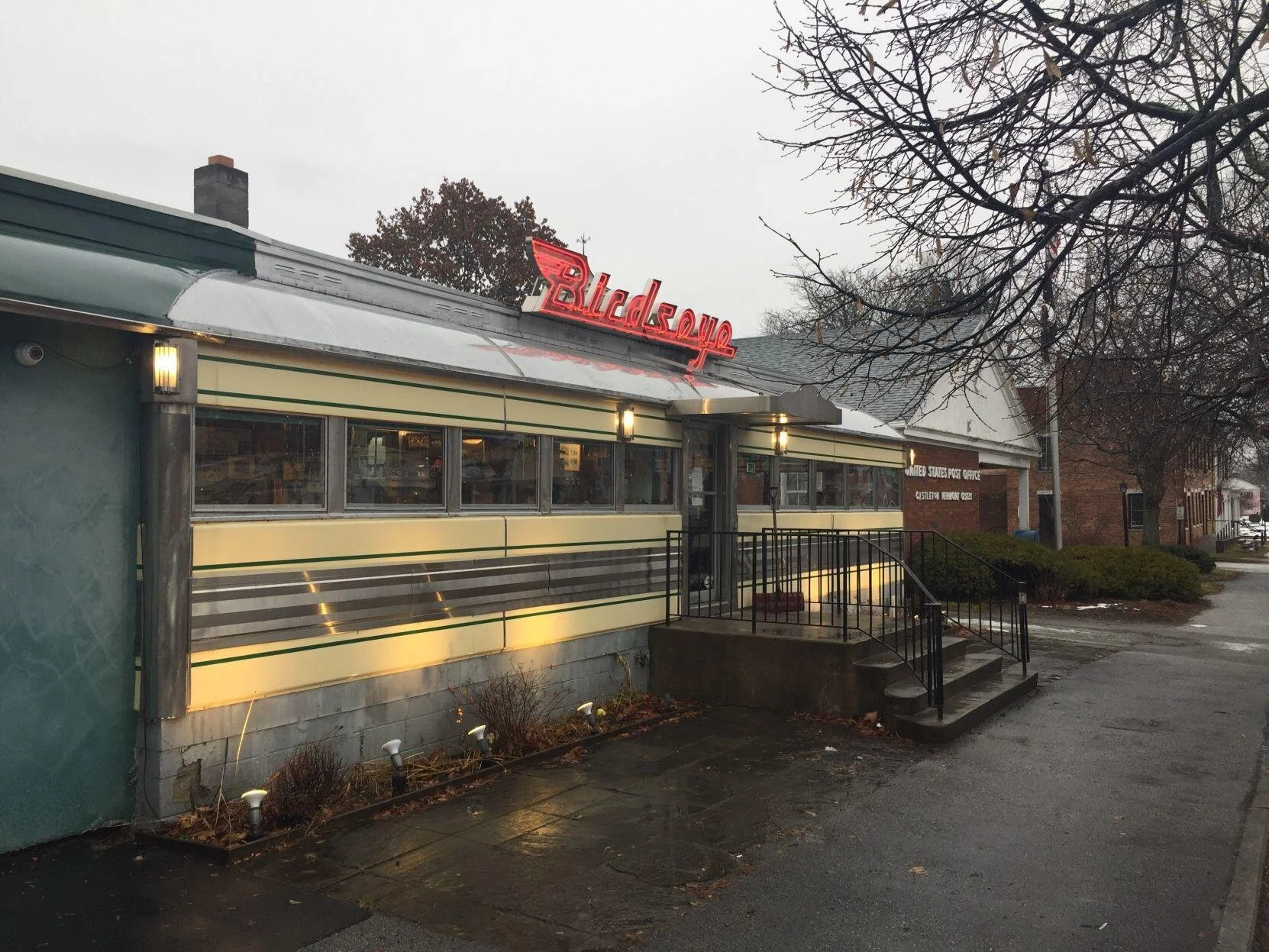Rutland panel talks addiction, recovery
Serenity House provides rehab services to the Rutland area. Photo courtesy of VT Association of Addiction Treatment Providers.
A panel consisting of Rutland-area experts working on drug addiction spoke before a crowd of about 25 community members Wednesday evening about current initiatives for compassionate treatment and recovery. Some of the panel members shared their own stories about overcoming addiction, which struck a chord with the audience.
Tracie Hauck, executive director of Turning Point Center, said her approach to helping people is to view them as human beings. As a former opiate abuser herself, she entered Turning Point during what she described as a lonely moment in her life. She said she felt welcome there and never had to explain herself to anyone. As a result, she stressed this approach to help those who are initially seeking treatment feel comfortable and understand that their peers can relate to what they are going through.
“You tend to think that your story is the absolute worst, and nobody knows what it’s like,” Hauck said. “So it’s nice to know somebody might have had it (maybe) a little bit worse or went through similar things, but they did get through it.”
Katy Foote, a recovery tech at Serenity House who has been sober since 2017, disclosed her struggles with alcoholism and drug abuse as well. She said becoming a parent motivated her to stick to recovery, and having access to treatment programs with empathetic people enabled her to get her life back. This empathy encouraged her to give back to others using the same methods.
“I honestly believe that the opposite of addiction is connection,” she said. “And for me, that was the difference between sobriety and going back to what I was doing.”
The presentation was sponsored by Project VISION, an initiative aiming to empower the Rutland community. It was open to community members who wanted to gain more insight into the topic of substance misuse, see what is taking place in the area to address it, understand how professionals and health staff are working, and learn what resources are available to individuals and families struggling with addiction, according to a statement.
The panelists and community members congregated in Tuttle Hall Theater on the former campus of College of St. Joseph.
In addition to Serenity House and Turning Point, members of the panel included representatives from Evergreen Services, Rutland City Police and Al-Anon.
Police Commander and Executive Director of Project VISION Matt Prouty said his department’s focus is mentorship. He said he works with those struggling in the community, specifically dealing with the causes of their addictions, and helps them view themselves in a positive context.
“We want that to be our culture,” he said. “Culture trumps policy every day of the week.”
Hauck emphasized that there is no judgment at Turning Point. It doesn’t matter what people’s background is; she sees addicts at any stage of their habit, and she understands that everyone, especially those who are struggling, are not perfect and can make mistakes.
“It’s progress, not perfection,” she said.
Clay Gilbert, director of substance abuse at Evergreen Services, agreed that people entering recovery are in their most vulnerable moment; and it can be an overwhelming point in their lives.
“When people first try to get sober, it’s probably the hardest thing that they will ever do in their worst possible condition,” he said.
After introducing themselves and sharing their stories, the panelists opened the event to questions.
One issue that was brought up by the audience was housing options for addicts in transition. Prouty said although they are in early stages, he is working on projects aimed at breaking down the barriers that prevent people from living on their own and off the streets. He also said Kevin Loso, executive director of the Rutland Housing Authority, has championed research on the best practices for recovery housing around the country, and collecting data is a priority.
“We’re looking at a lot of different types of housing models because no one size fits all,” Prouty said.
Panelists addressed the concern that social media glamorizes substance abuse as well. They discussed the algorithms that filter material into people’s phones, with social media platforms expecting that this material pertains to users, and these algorithms make it worse for younger people who already have a partying lifestyle.
“Those prevention efforts within our colleges, institutions, and sororities, and clubs, I think, cannot be understated,” Prouty said.
Hauck added that this glamorization is a bad influence for young people, who view the material and think it’s what they’re supposed to be doing, especially as a rite of passage.
“We have people every day that are regular people dying, and I think sensationalizing it and making it so much fun, it’s just needless,” Hauck said.
As someone who developed her addictions at an early age, Foote suggested that younger people should to seek available resources before their habits negatively affect them, even if their habits make them feel normal among their peers.
“It might not seem like a problem, but if you have any kind of inkling that there might be a further issue, then definitely get connected right away,” she said.








